The resources which obtained from nature are known as Natural Resources. These resources cannot be made by humans; they can be obtained from nature.
Some Examples of Natural resources are-
- Wood
- Iron
- Coal
- Water
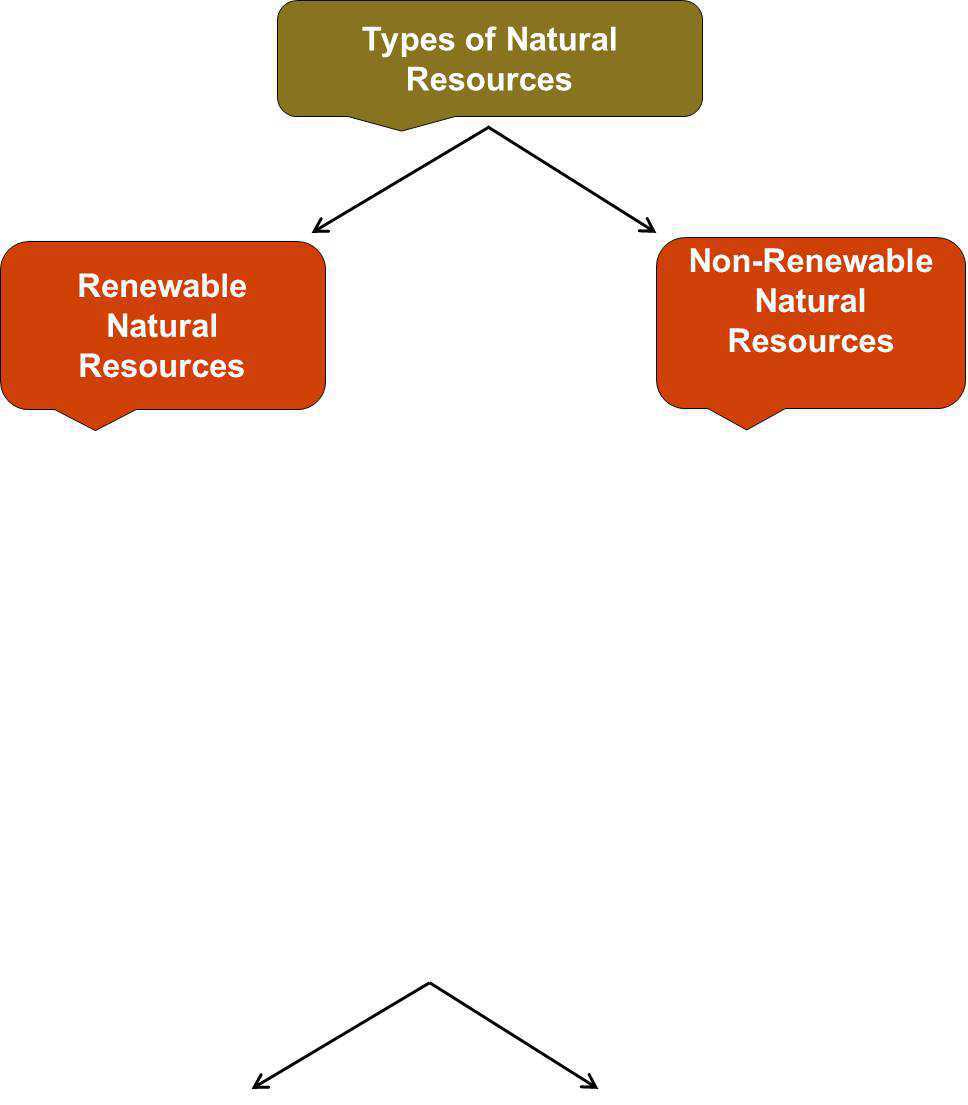
Resources like Hydro-electric power are made by humans hence they do not come under natural resources.
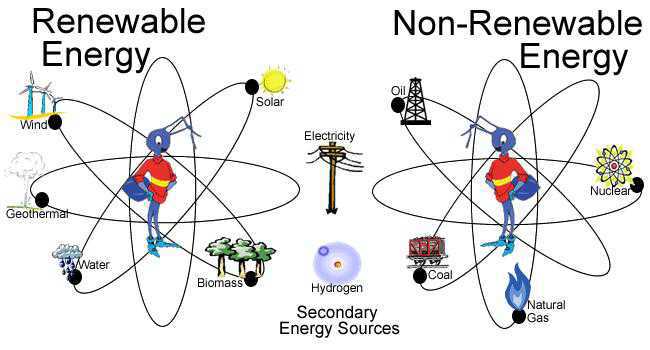
Renewable Resources
The resources which can be generated again after the use or consumption are known as Renewable resources. For example – Wood, Sunlight, etc. are some examples of Renewable sources.
Renewable resources are very important for the survival of humanity in future because the resources are getting depleted at a very high rate.
Non-Renewable Resources
The resources which after very frequent and fast use gets exhausted are known as Non-Renewable resources. These resources take sometimes quite a long time to regenerate like natural gas.
For example, Coal is a resource which is Non-Renewable. There are also other resources like coal which are very limited and cannot be recycled again once exhausted.
Some natural resources are in huge demand but are not available in the required quantity.
Some Non-renewable Resources are-
-
Water
We are left with very less amount of fresh water with us that can be used for the purpose of drinking. There is a change in the rainfall pattern due to the change in the climate, also there is a drop in the melting of ice and all these factors are responsible for lowering the amount of Natural Resources.

-
Air
Clean Air is required for the existence and survival of Living Beings. The air is getting polluted due to several reasons which are affecting the health of Living Beings.

-
Fossil Fuels
The natural resources we have like Natural gas, petroleum and coal are on the verge of exhaustion. To convert the dead organism into fuel it takes millions of years. The rate of consumption is much faster than the rate of production.

Conservation of Natural Resources
The resources are depleting at a very high rate and will get exhausted very soon. So it is very important to conserve these resources to protect the environment from having an adverse effect.
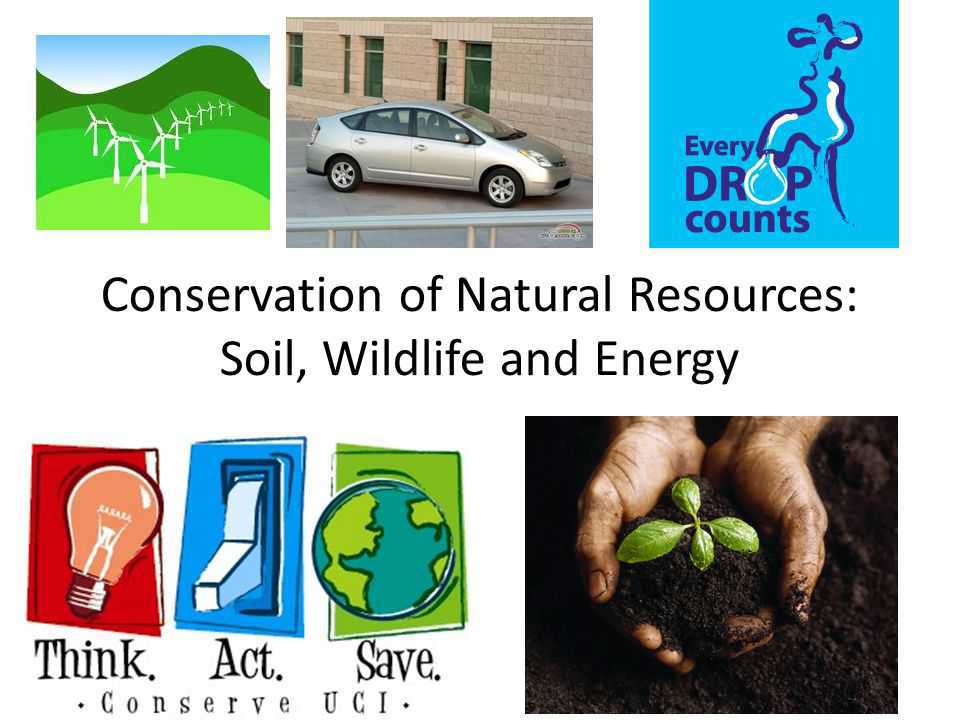
Tips to Conserve Natural Resources are-
- There should be minimum use of vehicles.
- Wastage of water should be minimum. Conserve it wherever possible.
- The use of solar and wind energy should be more.
- People and Government should focus on planting more and more trees to prevent soil erosion.
- Oil should be transported using pipelines. Oil gets leaked when transported through ships.
- Before the release of sewage and Industrial waste into the water bodies, there should be a proper treatment.
- There should be the use of Bio gas in our homes and also proper rain Water harvesting should be done.
- The bulbs used at homes and other places should be energy saving ones like fluorescent bulbs.
- The conventional cars should be replaced with the Hybrid Cars.
- Use of plastic and paper bags should be banned. Instead, the use of Earth-bags should be promoted.
- Recycling of wastes should be ensured.
- Curb poaching should be prohibited.
- should be the practice of on-site wildlife conservation.
- The vegetables should be grown in the catchment areas.
- The water should be conserved wisely using judicious ways at our homes and other places too.
Recap
- The resources which are obtained from the nature and are not manmade are known as Natural resources.
- These resources should be conserved properly as they are depleting at a very fast rate.
- There are two types of natural resources
- Renewable natural resources
- Non-Renewable natural resources

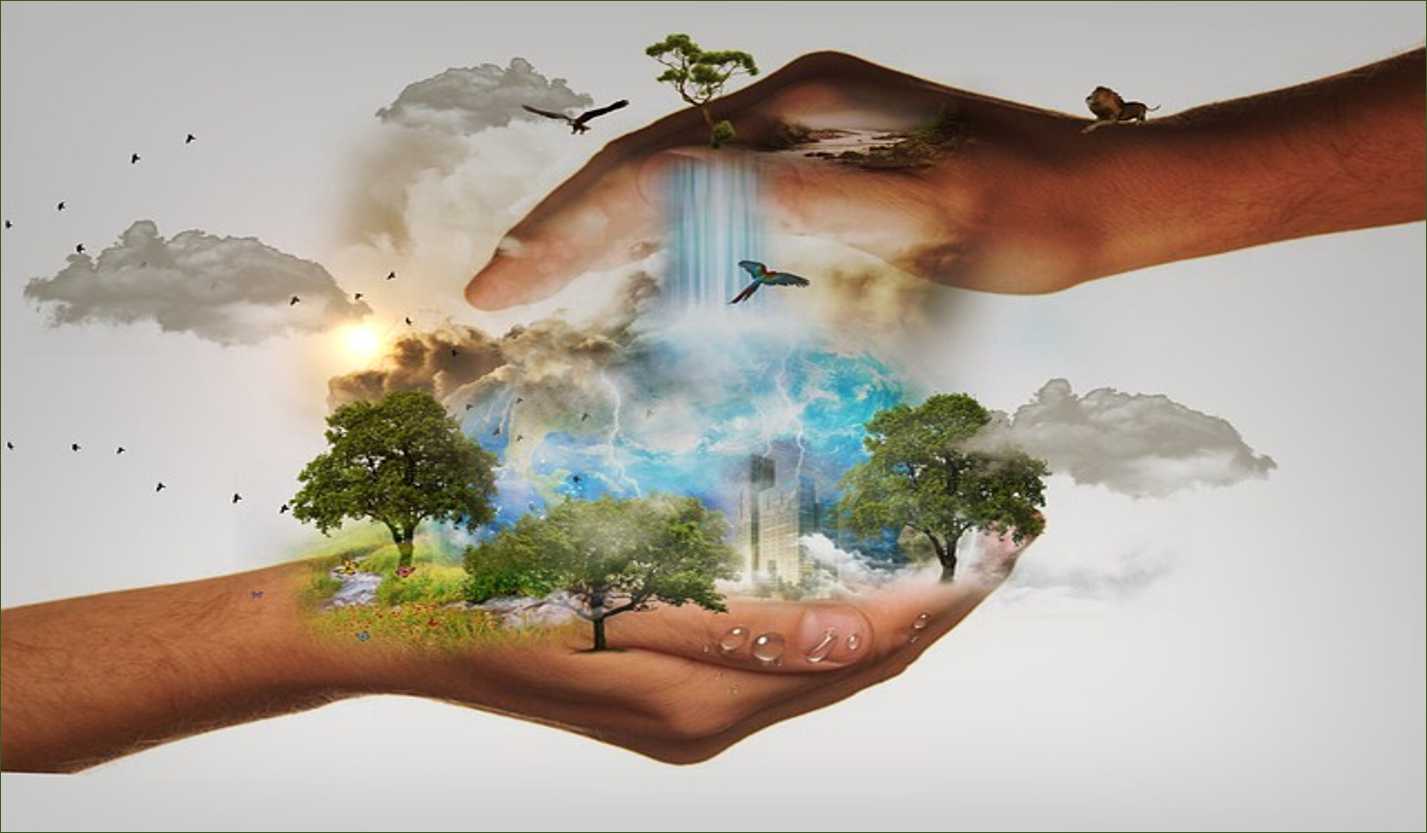




















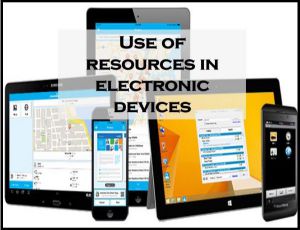
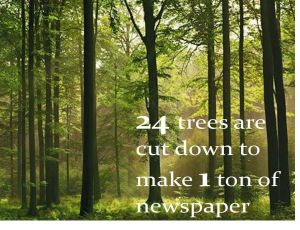








Comments